Scientists have discovered that, when a DNA-reading enzyme moves backwards along a gene, it may do so to help control when the gene is turned on.
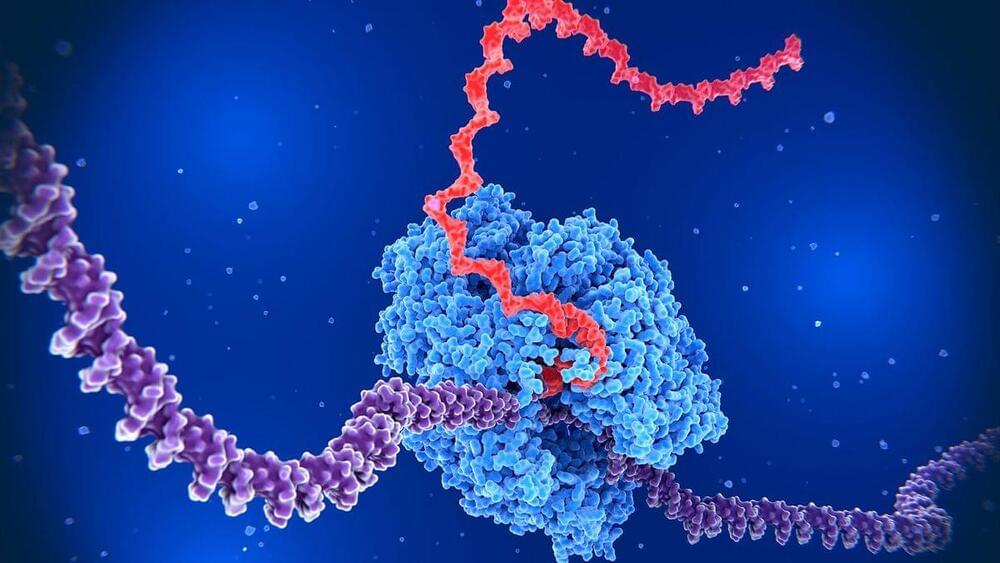

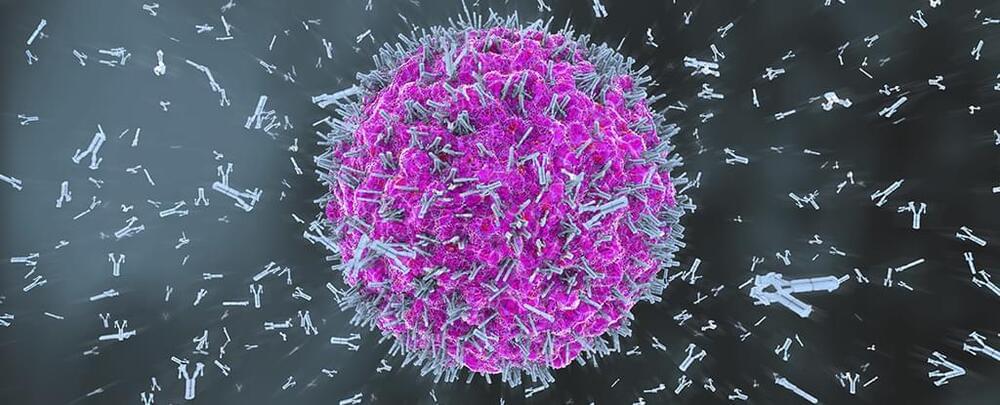
Our immune system is talented at telling the difference between the chemistry of our own body and that of an invading pathogen. When it malfunctions, our body can become host to an intense civil war.
Scientists are keen to understand this in more detail, and a newly identified ‘switch’ that deactivates a sensor of foreign DNA may provide important insight.
A key part of this discovery, made by a team from the Swiss Federal Institute of Technology Lausanne, is an enzyme called cyclic GMP-AMP synthase (cGAS).
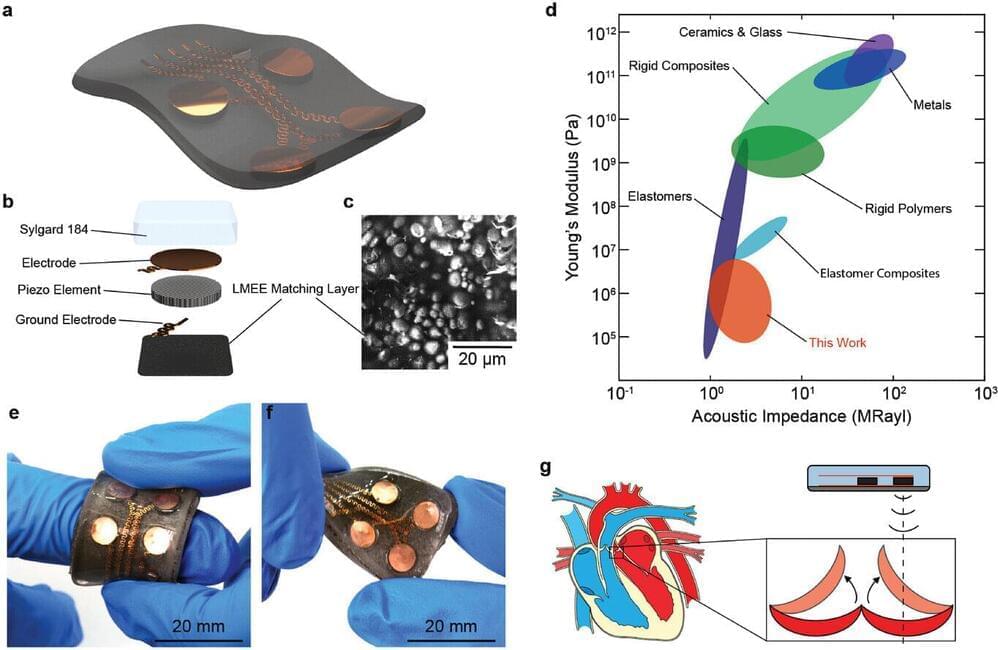
The best-known byproduct of ultrasound—so named because its frequencies exceed the range of the human ear—is, in fact, not audio but visual: 2D imagery, often of a fetus maturing in the womb. But ultrasound has also found a place in other corners of the medical realm, from assessing blood flow to examining suspicious lumps and diagnosing disease.

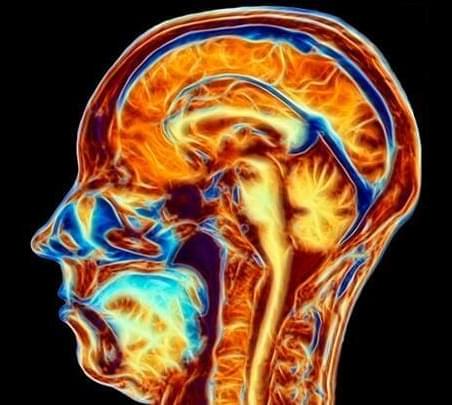
Our brains change more rapidly at various times of our lives, as though life’s clock was ticking faster than usual. Childhood, adolescence and very old age are good examples of this.
Yet for much of adulthood, the same clock seems to tick fairly regularly. One lap around the Sun; one year older.
However, there may be a stage of life when the brain’s clock starts speeding up. The brain starts changing without you necessarily noticing it. It may even be caused (partly) by what’s in your blood.
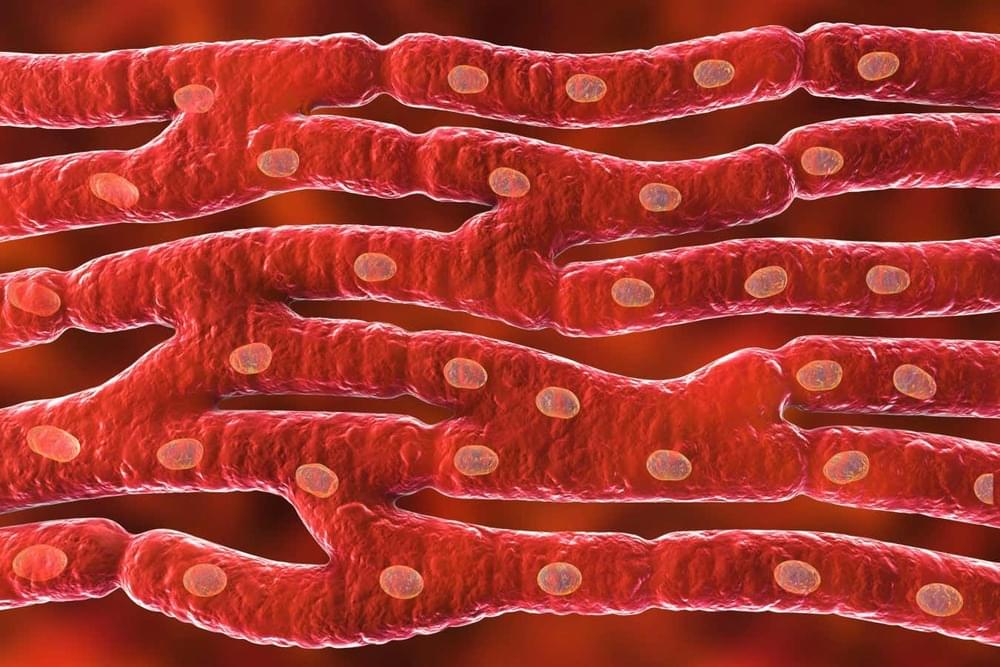
A combination of widely available antibiotics may be able to treat heart failure after researchers found that the therapy regenerates heart cells in animals.
By Grace Wade
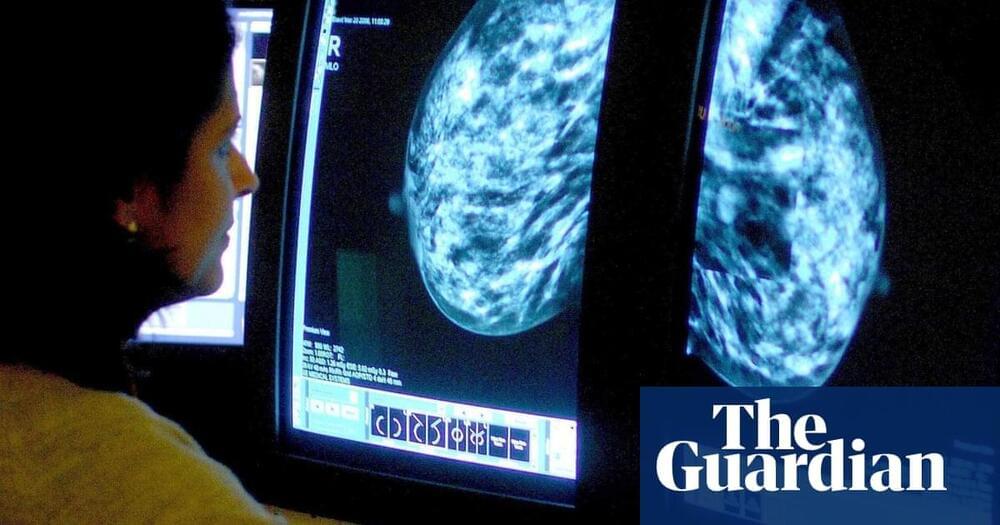

Delve into insights from a captivating retrospective study on Surgical Management and Predictors of Postoperative Complications of Retrosternal Goiters!
Tap the link to know more 🔗
Background: The preferred standard treatment for retrosternal goiter (RSG), a slow-growing, often benign tumor, remains thyroidectomy. An alternative strategy may be required when the goiter is intrathoracic. Data on the results of RSG procedures are rarely reported. Careful patient selection and assessment are critical to avoiding an unexpected sternotomy during surgery and postoperative complications. This study aims to examine the clinical findings and treatment outcomes of RSG and to identify the variables affecting postoperative complications in a resource-limited setting.
Method: A retrospective study was conducted at Al-Thawra Modern General Hospital in Sana’a, Yemen, on 69 patients diagnosed with RSG and undergoing thyroidectomy between April 2019 and February 2023.
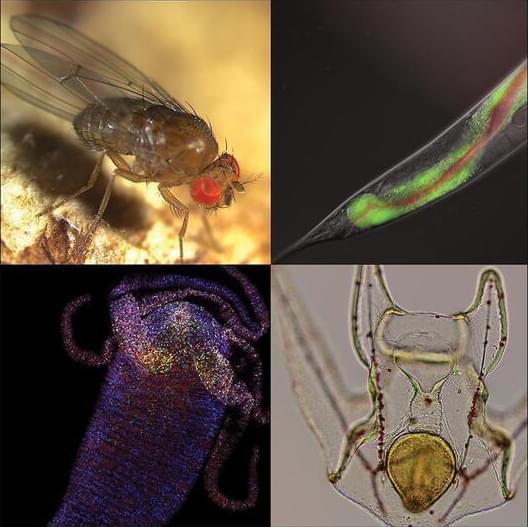
The advent of CRISPR gene editing, along with nanopore genome sequencing and single-cell RNA sequencing, has allowed the study of host-microbe interactions with newfound accuracy and power. The studies taking advantage of these tools have provided insights with never-before seen precision and, excitingly, have revealed surprising findings on principles of host-microbe interactions. This special issue reviews and interprets host immunological and developmental interactions with the resident microbiome. The articles reflect on evolutionary principles guiding how hosts interact with their commensal microbiota and offer new techniques and directions for research that we hope will advance the field in the years to come.
This issue is available to buy in print. Visit our information for readers page for purchasing options.
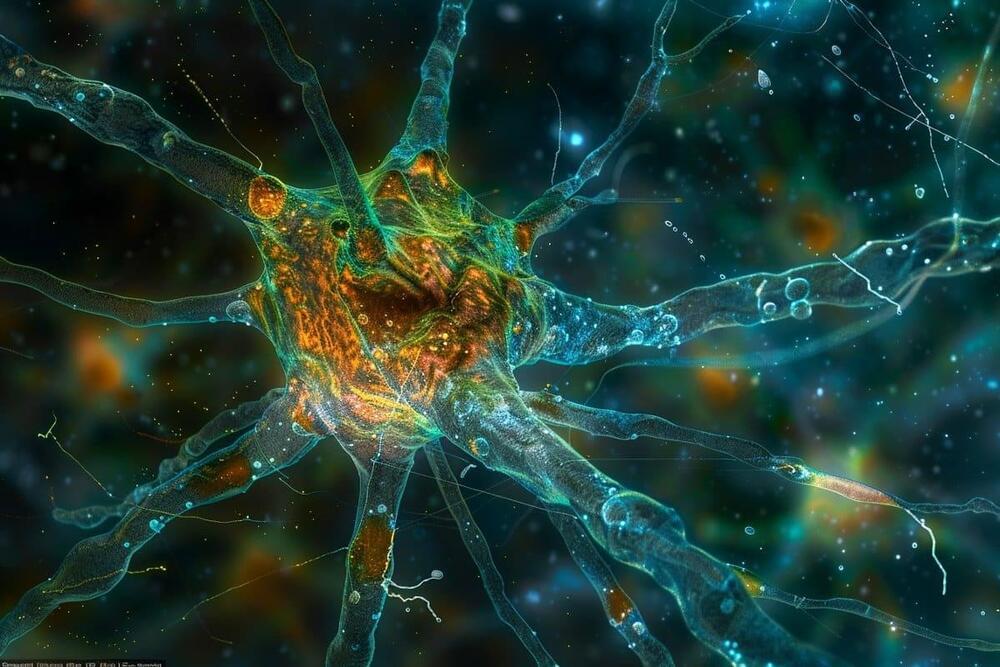
Researchers have made a pioneering discovery that astrocytes, cells within the central nervous system traditionally not associated with immune functions, are capable of developing what’s being called an “immune memory.” This capability…
Summary: Astrocytes, traditionally non-immune cells within the central nervous system, possess the ability to develop an immune memory, responding more vigorously to subsequent immune challenges. This groundbreaking study reveals that through an epigenetic mechanism involving the enzymes p300 and ATP-citrate lyase (ACLY), astrocytes enhance their pro-inflammatory responses, a trait similar to the immune memory seen in adaptive immunity.
The findings, which have been observed in both mouse models of multiple sclerosis (MS) and human cell samples, suggest that astrocyte immune memory may play a significant role in chronic neurological disorders, offering new insights into disease pathology and potential therapeutic targets to mitigate CNS inflammation.